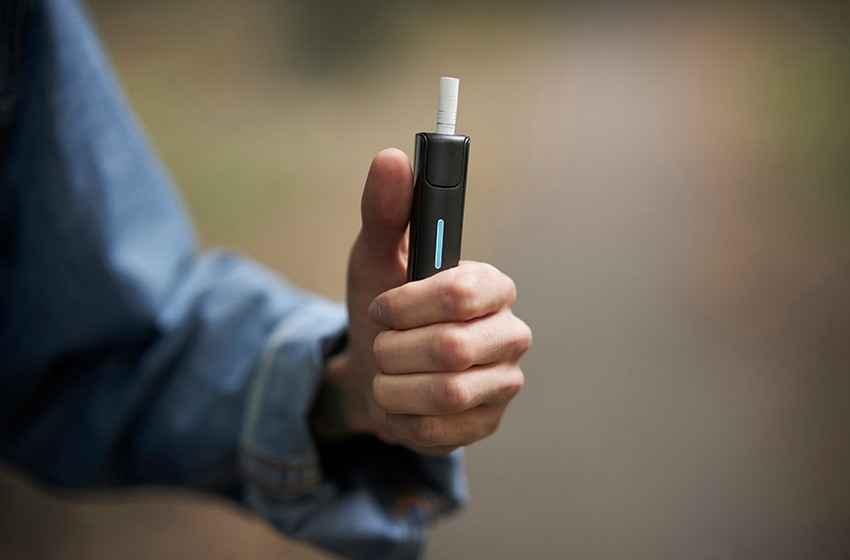The top executive of the leading heated tobacco company in the Philippines said Wednesday the passage of the landmark Vape Law in 2022 in a win for public health as it affirms the government’s support for the concept of tobacco harm reduction as a tool to reduce cigarette consumption.
Speaking at the Kapihan sa Manila Bay, PMFTC Inc. president Denis Gorkun said the one-year-old Vape Law, or Republic Act No. 11900, is a “win” for public health because it opened the door to future science-based innovative products that are better alternatives to cigarettes.
Gorkun said that with scientifically proven better alternatives today, “doing nothing is just prolonging the life of cigarettes and shortening the lives of people who consume those cigarettes.”

PMFTC is the business combination between Philip Morris International and the Lucio Tan Group. The company launched IQOS, the world’s number one heated tobacco, three years ago in the Philippines and has so far switched 75,000 Filipino smokers away from cigarettes.
Gorkun said PMFTC would launch “very soon” in the Philippines the next level in tobacco innovation called IQOS ILUMA–a device that is more consumer-friendly that uses induction technology to heat instead of burning tobacco.
He said the company would also soon launch oral nicotine pouches called ZYN–an oral nicotine delivery product that is completely smoke free. ZYN is the best-selling nicotine pouch in the United States today and is manufactured by a recent-PMI acquisition Swedish Match.
PMI is working to deliver a smoke free future with the goal of completely eliminating cigarette consumption, he said.
“We will continue to work towards our smoke-free future vision with products that are found by numerous international health authorities to be far better compared to continuing to smoke cigarettes,” Gorkun said.
“The negative health effects of cigarettes are long established. It is well known that, in the interest of one’s health, never smoking is the best choice. If someone is already smoking, the next best choice is to quit completely,” he said.
“But the fact is that around one billion people around the world still smoke, despite being fully aware of the negative health consequences. At the same time as smokers are encouraged to quit, those adults who don’t quit deserve pragmatic and sensible solutions that can help them make a better choice than continuing to smoke cigarettes,” he said.
Gorkun said the government can make the Vape Law work with the setting of product standards ang getting the information to smokers of how much these alternatives are better than smoking cigarettes.
Energy Undersecretary Sharon Garin, a former member of the House of Representative and one of the authors of the Vaporized Nicotine and Non- Nicotine, said the Vape Law received “so much admiration from other countries,” when she spoke at a Global Forum on Nicotine in Warsaw, Poland recently.
“We have passed a law that’s quite progressive,” she said, noting that, “This law is a little more forward looking because it included the powers to regulate those who are selling online.”
Garin said while lack of regulation doesn’t necessarily mean that a product is prohibited, “it’s free-for-all and you don’t regulate, then anybody can buy,” even minors.
“You don’t make it cool to the kids. We don’t want non-smokers to pick up the habit of vaporized or electronic cigarettes. What we want is a less harmful alternative for current smokers,” she said.
“As a previous representative and author, I do believe that this law was passed at the right time with the right formula. What we want is a less harmful alternative but also at the same time we didn’t want minors to pick it up,” she said
Garin is optimistic that following the passage of the law and with the coordination between Department of Trade and Industry, Department of Health, Department of Finance and Bureau of Internal Revenue, “I think we can hopefully see a smoke-free country or even at the minimum we have a healthier and more productive community.”



















